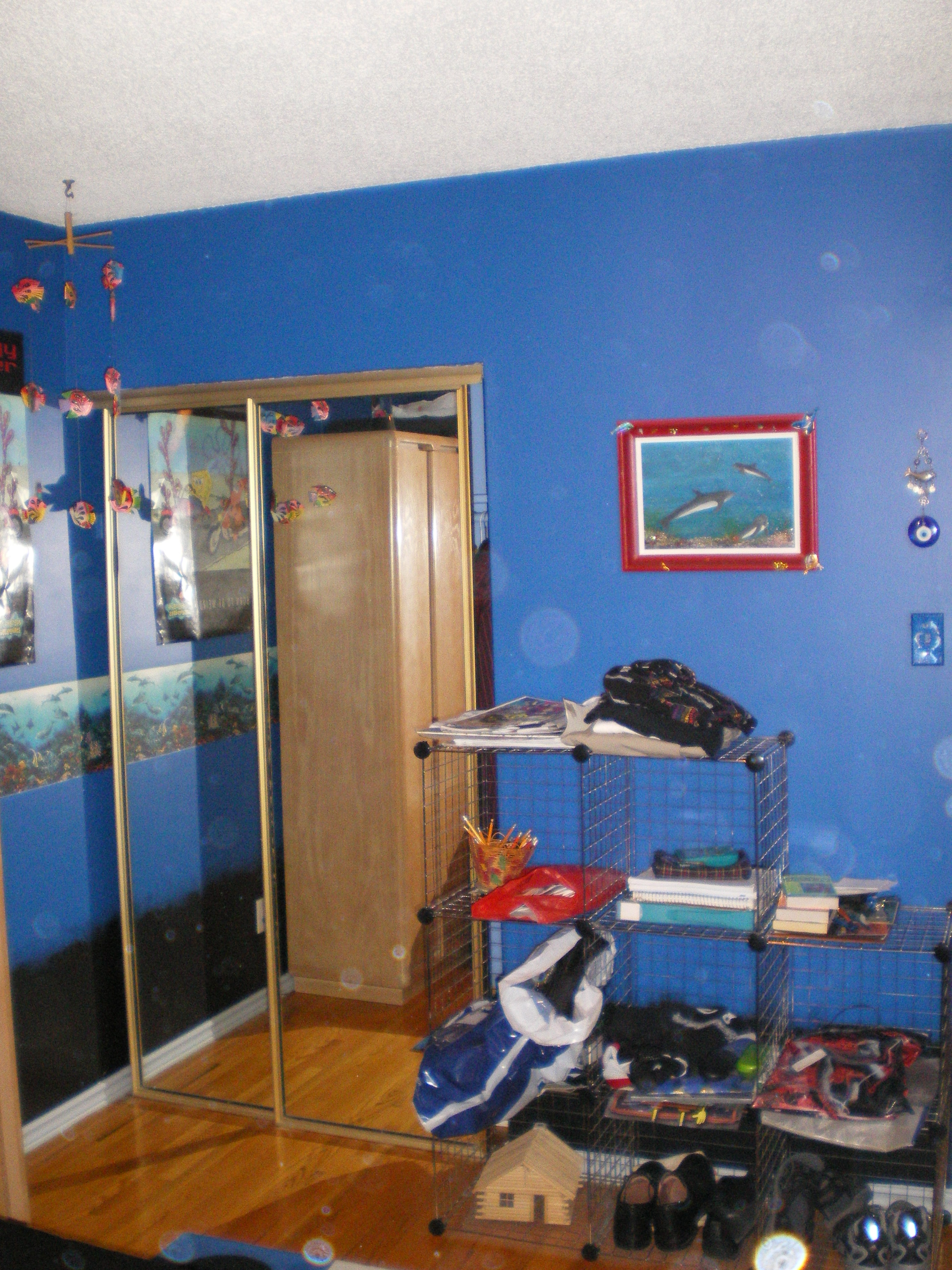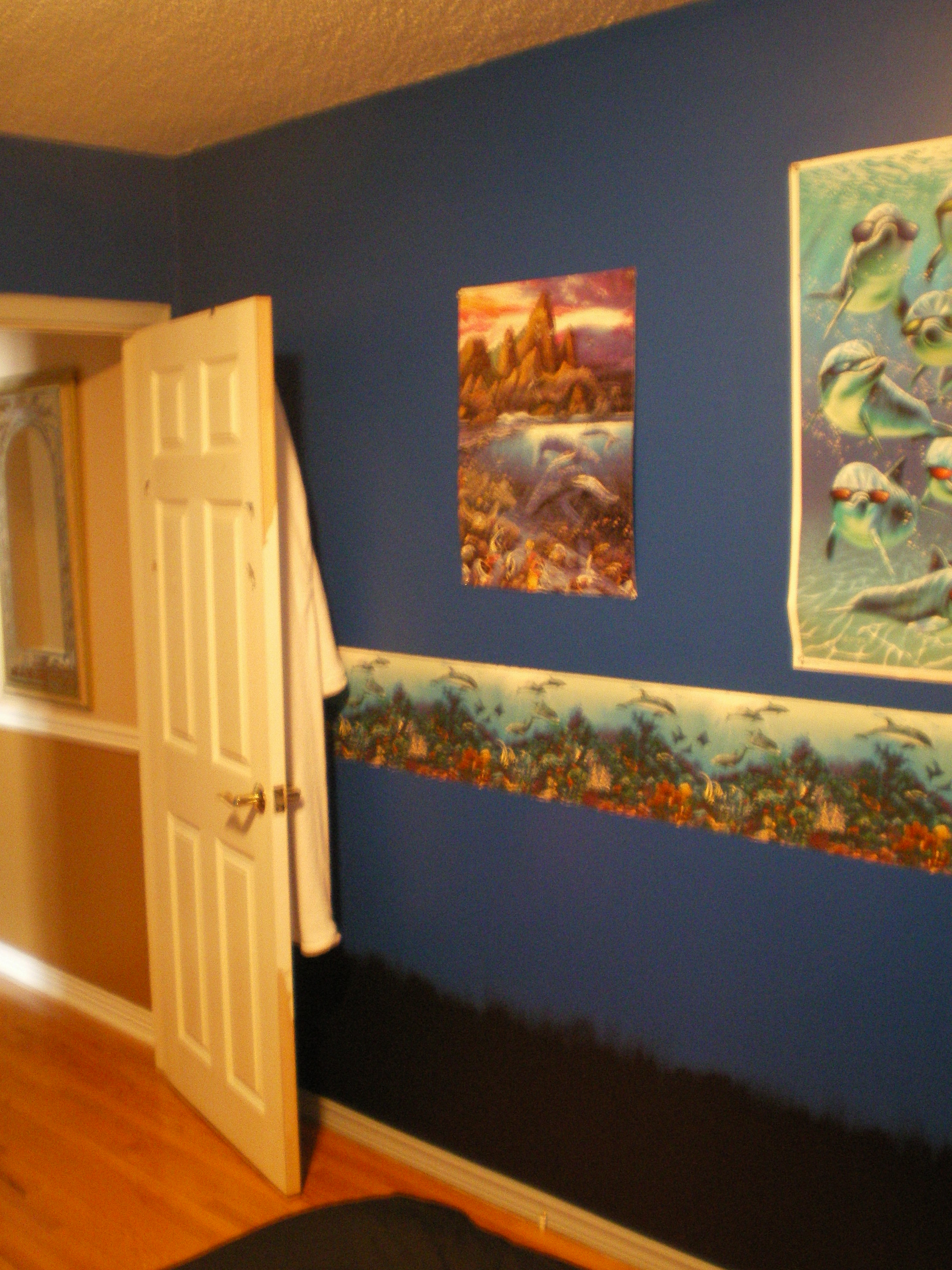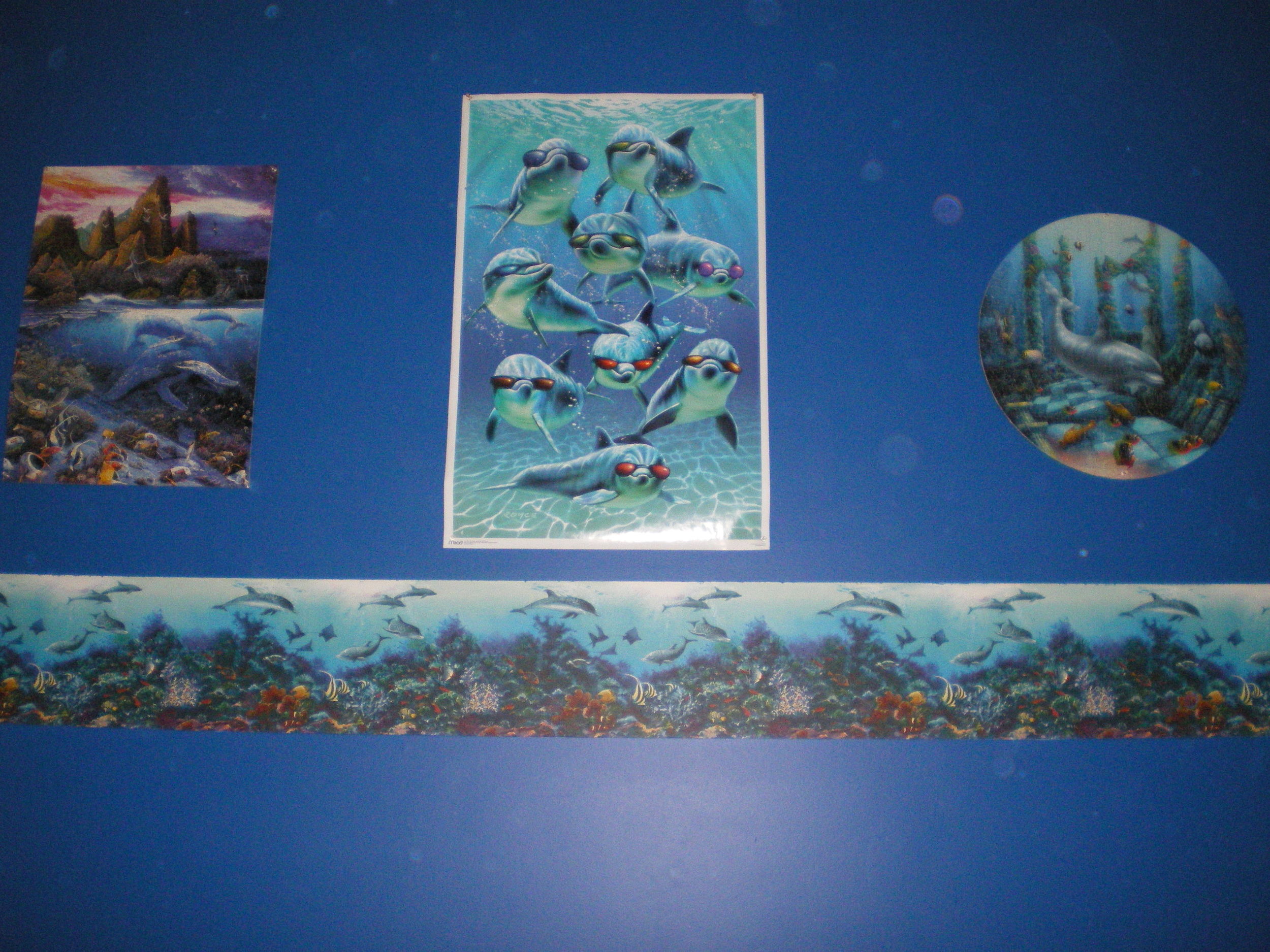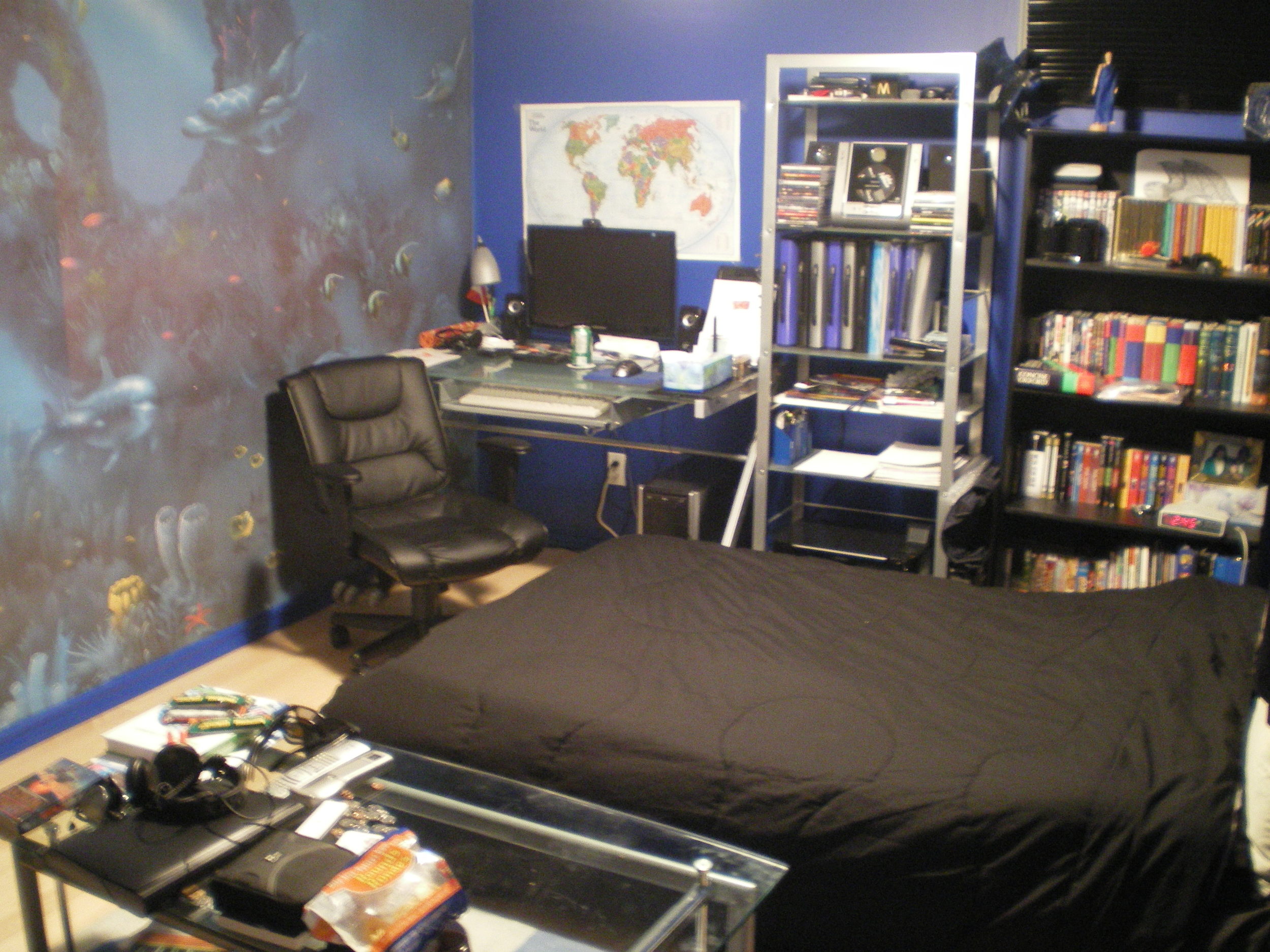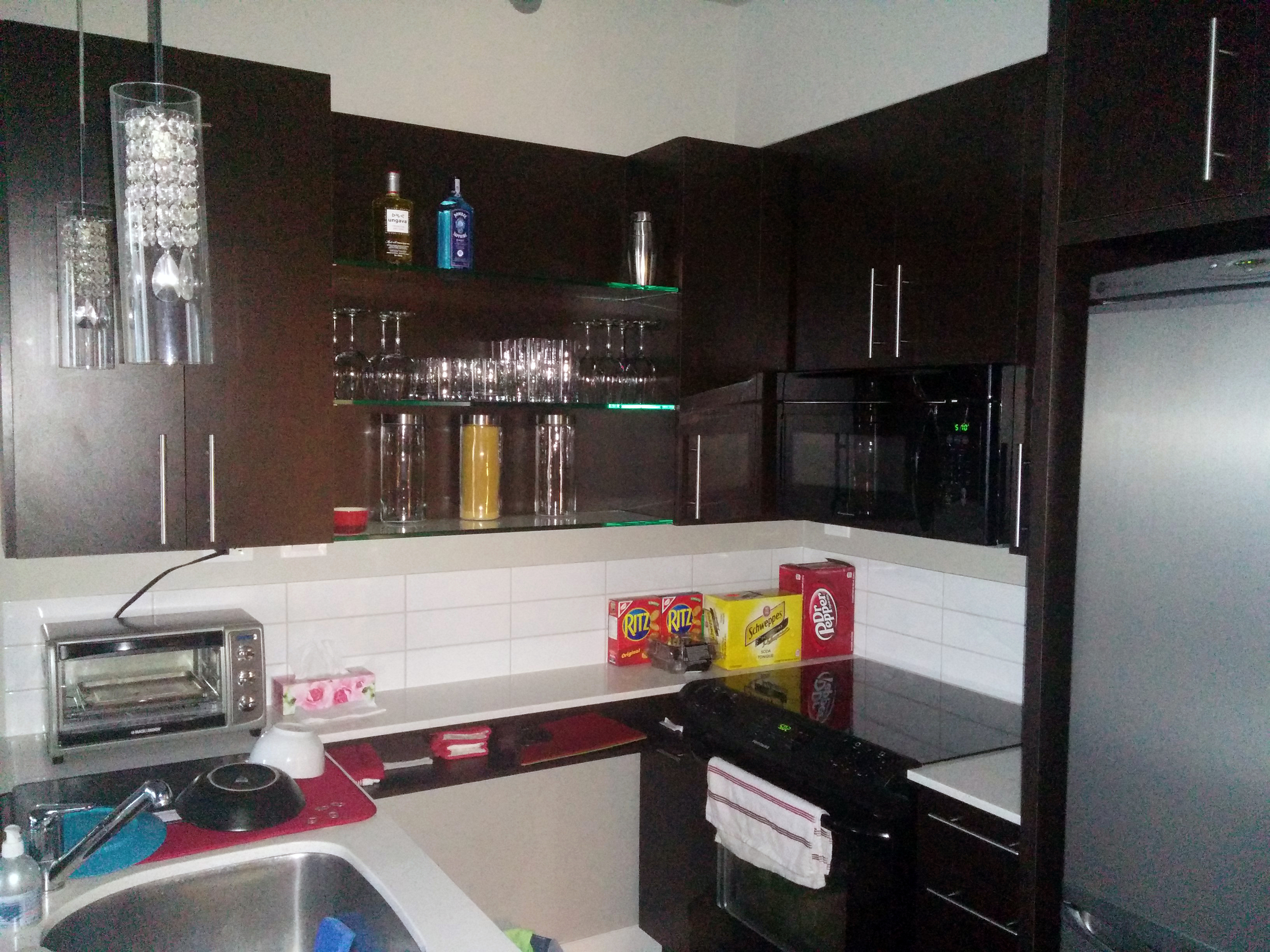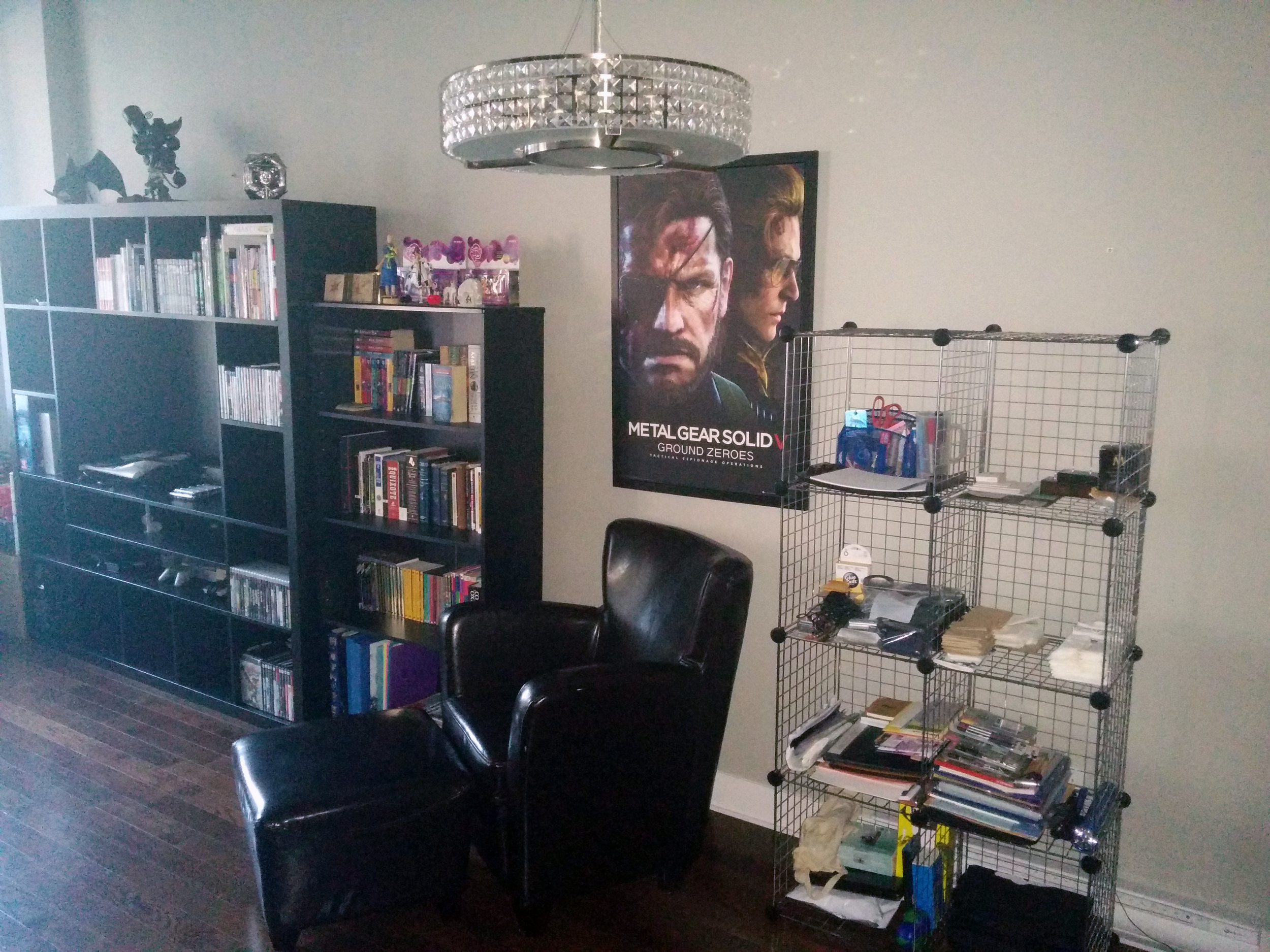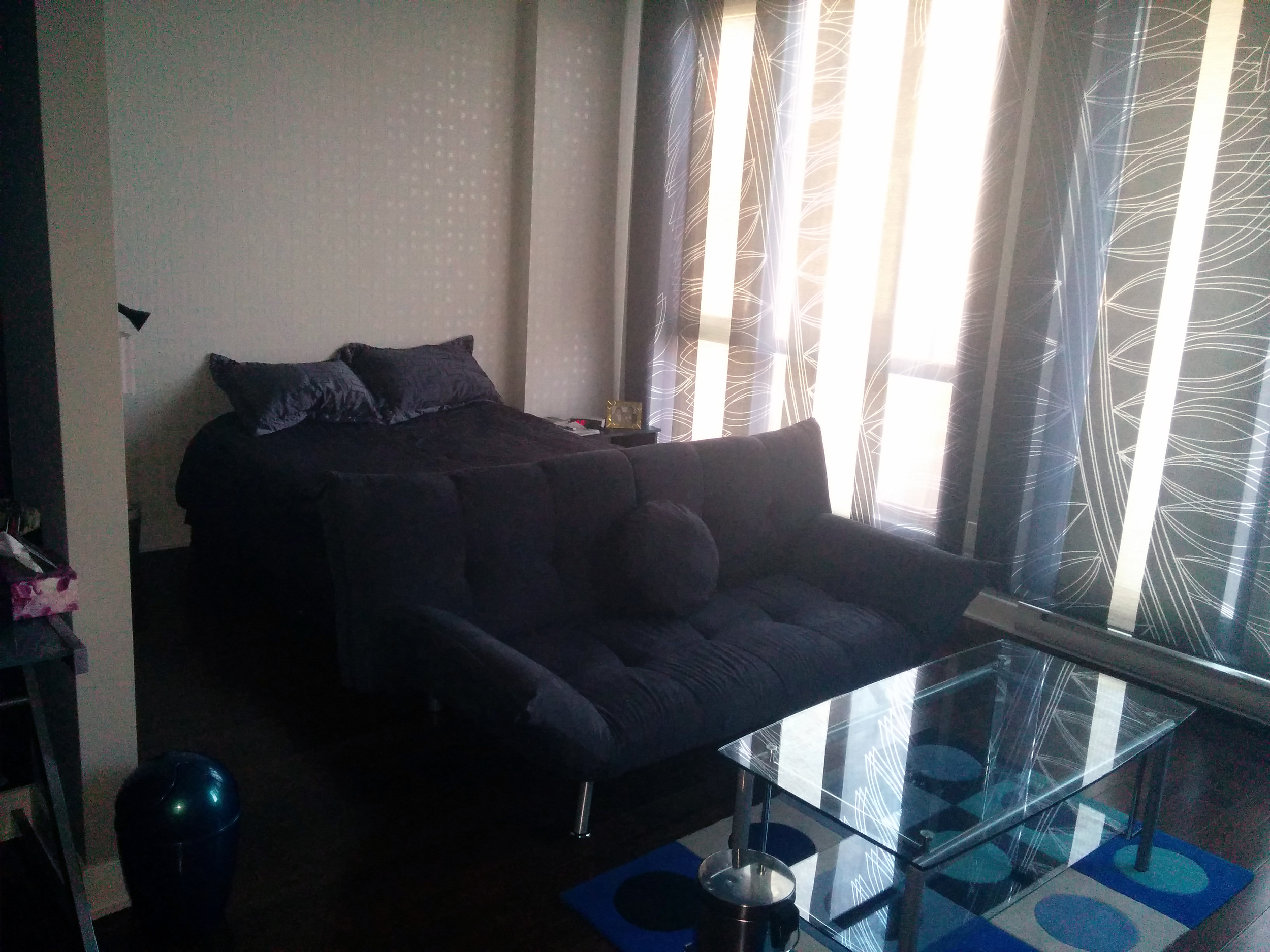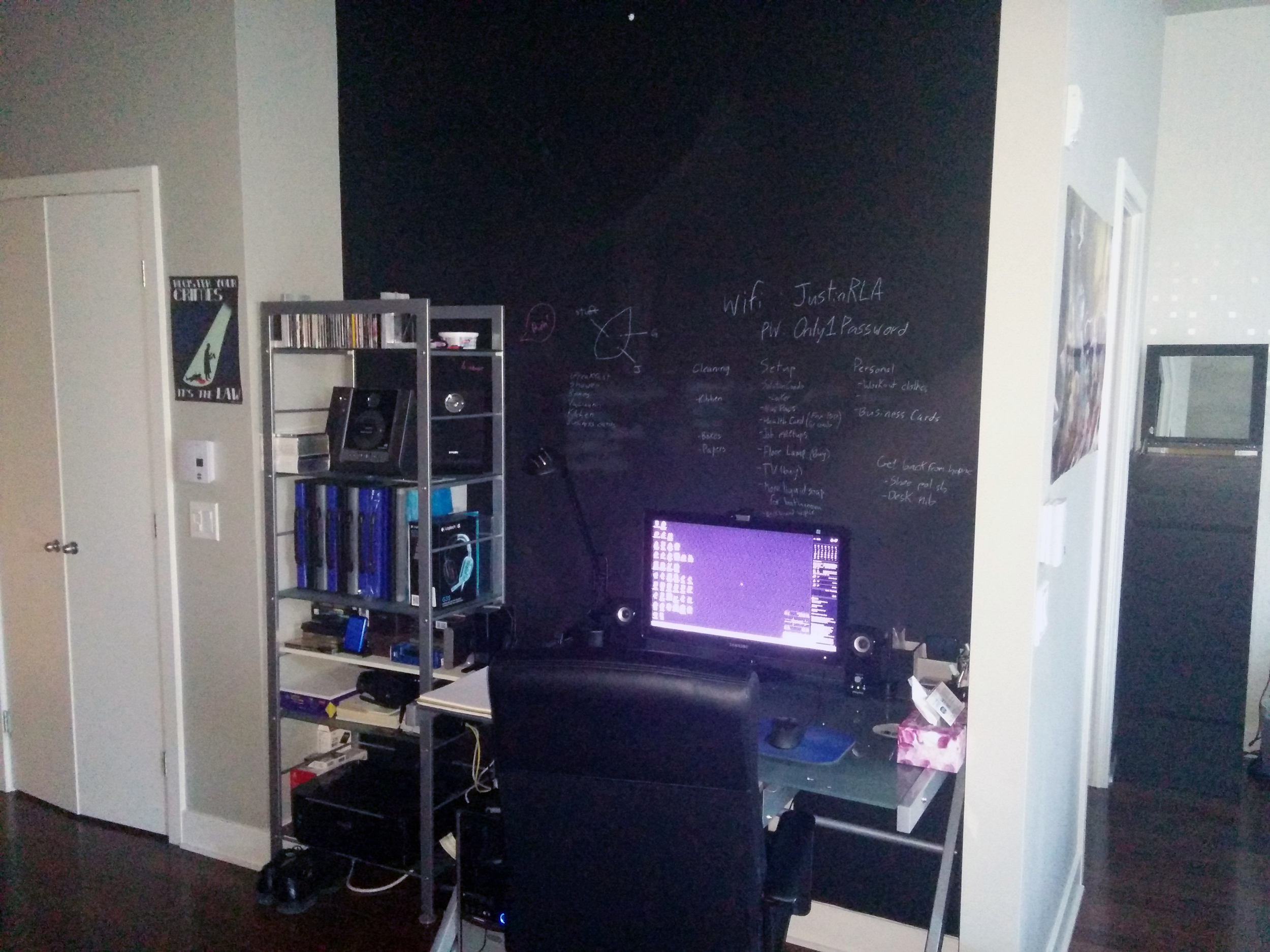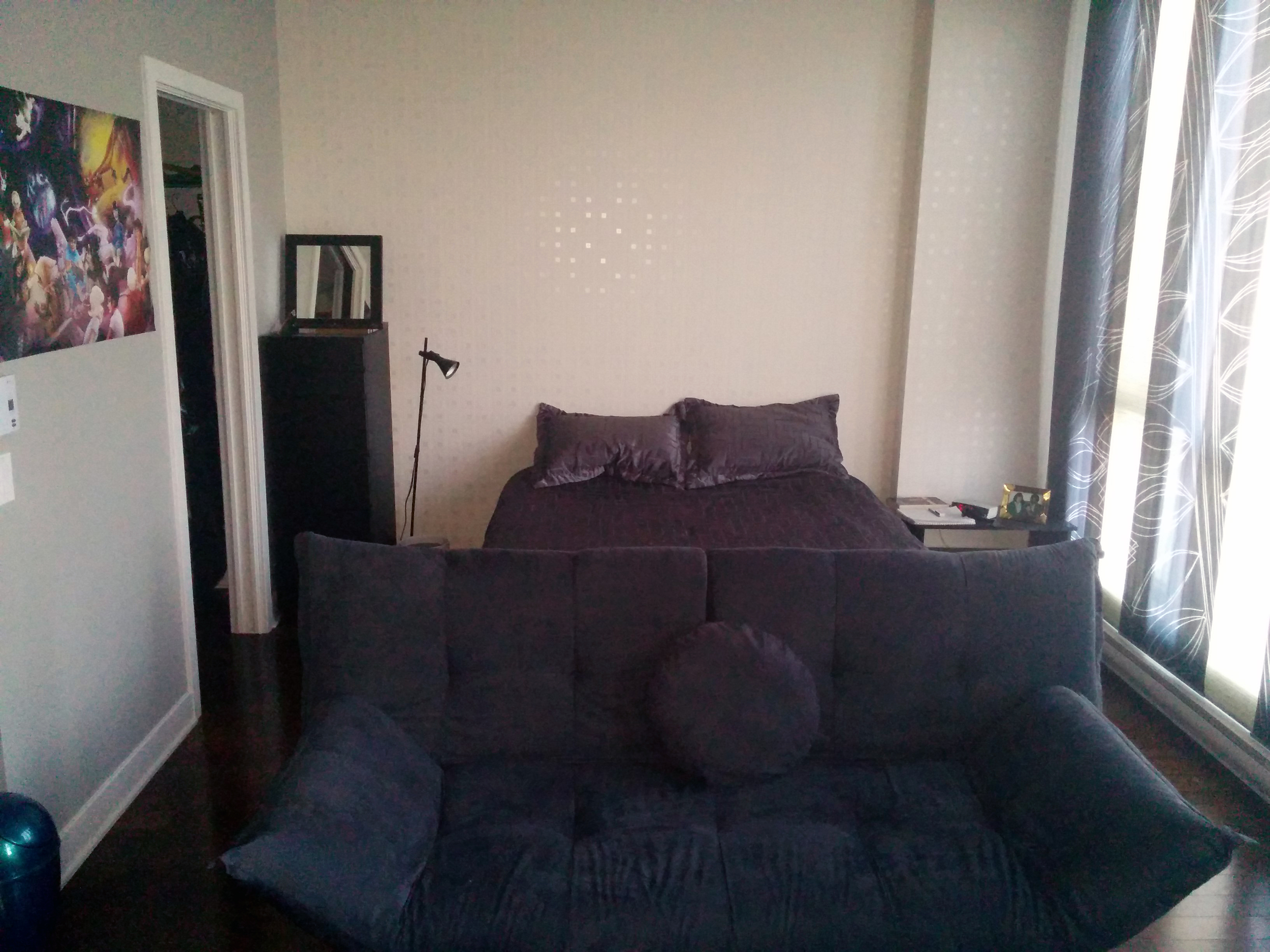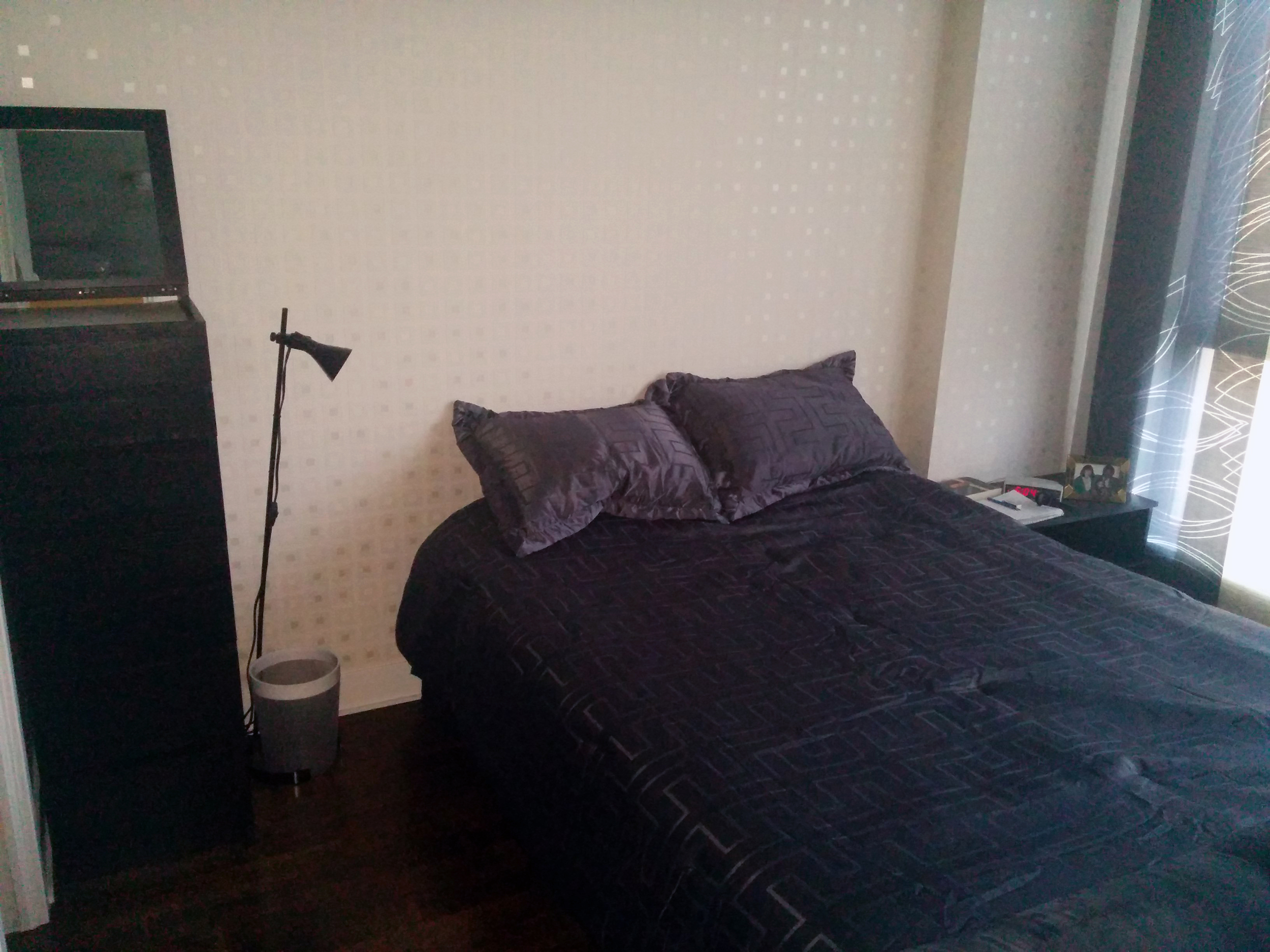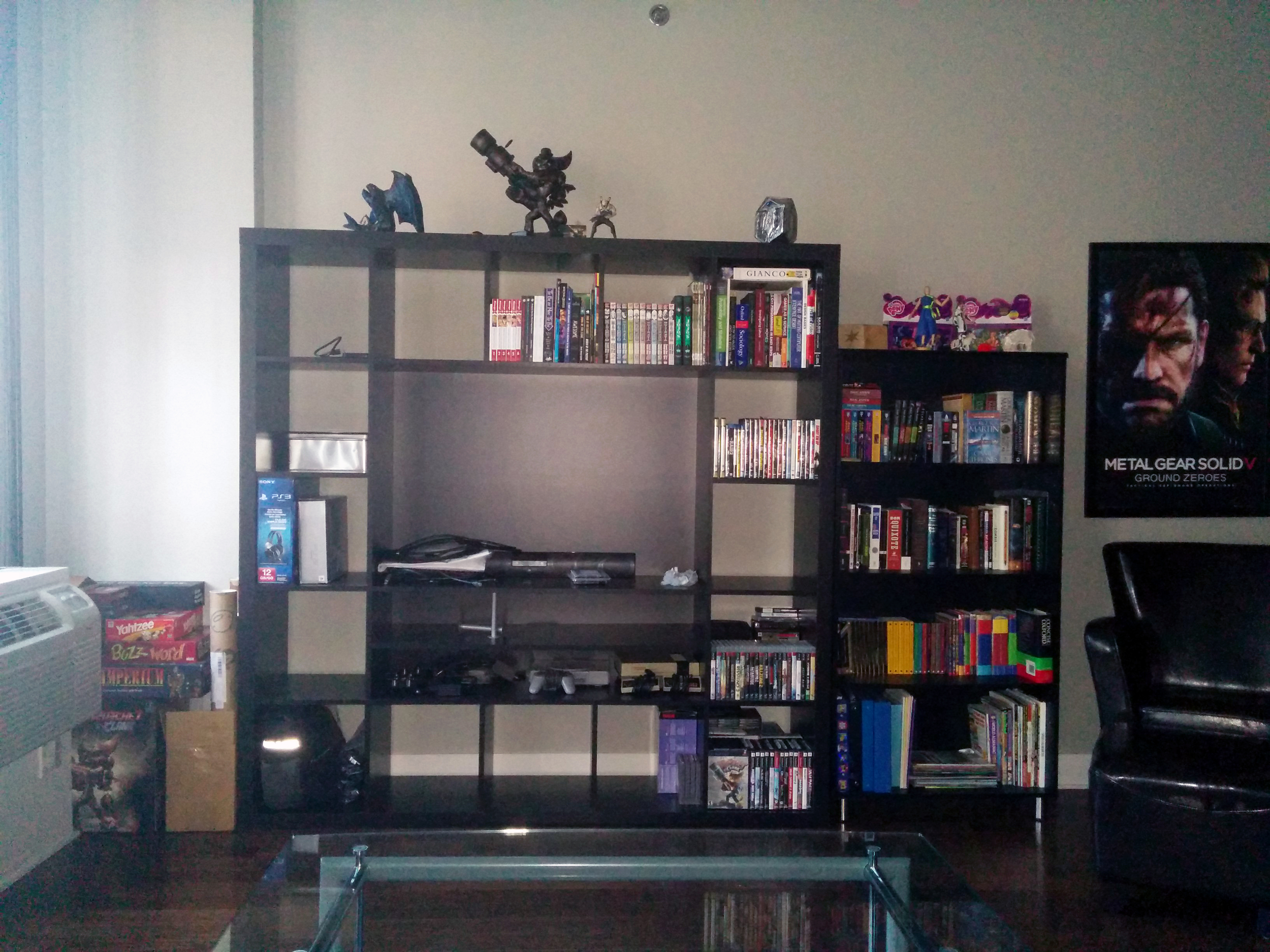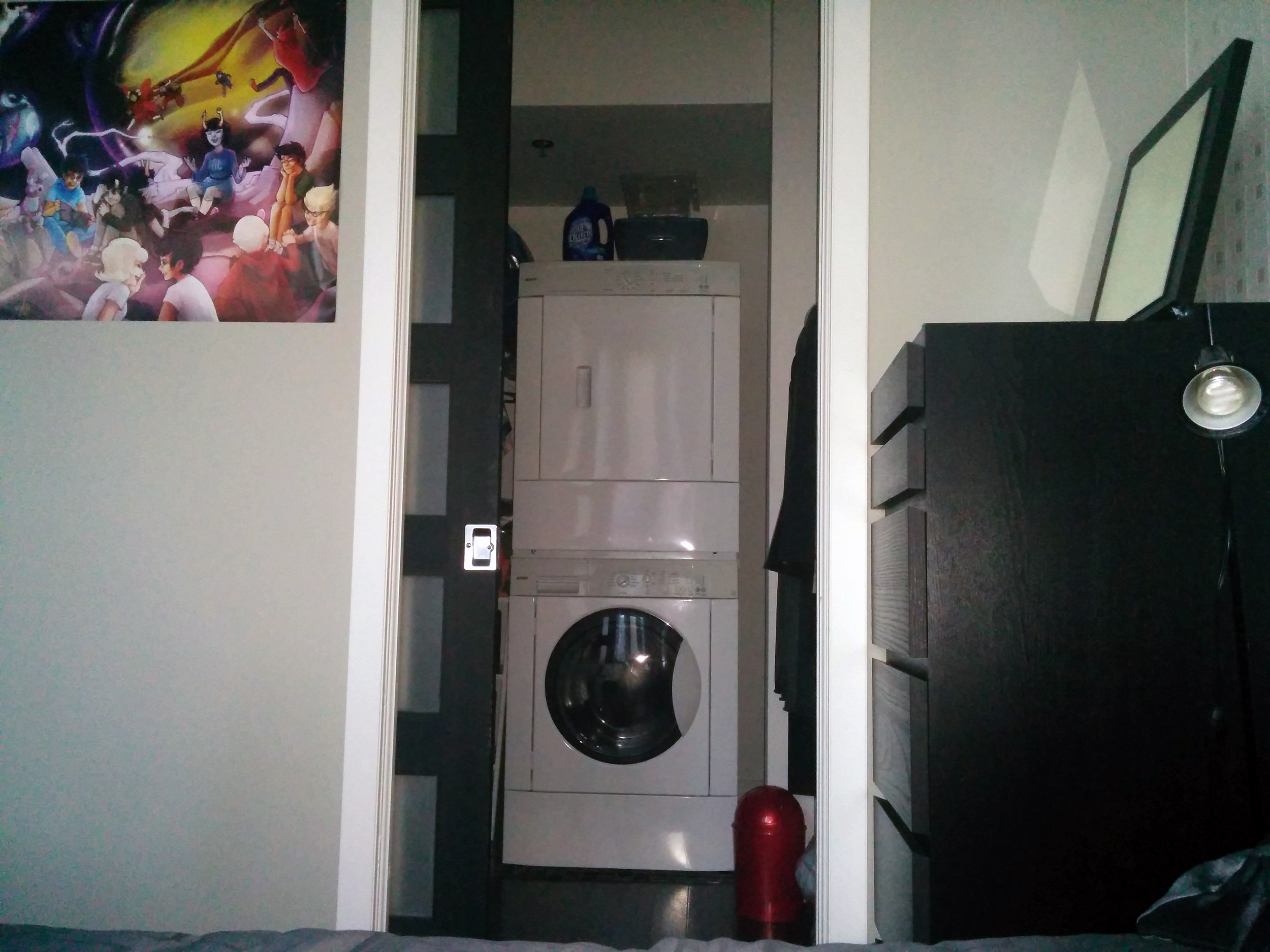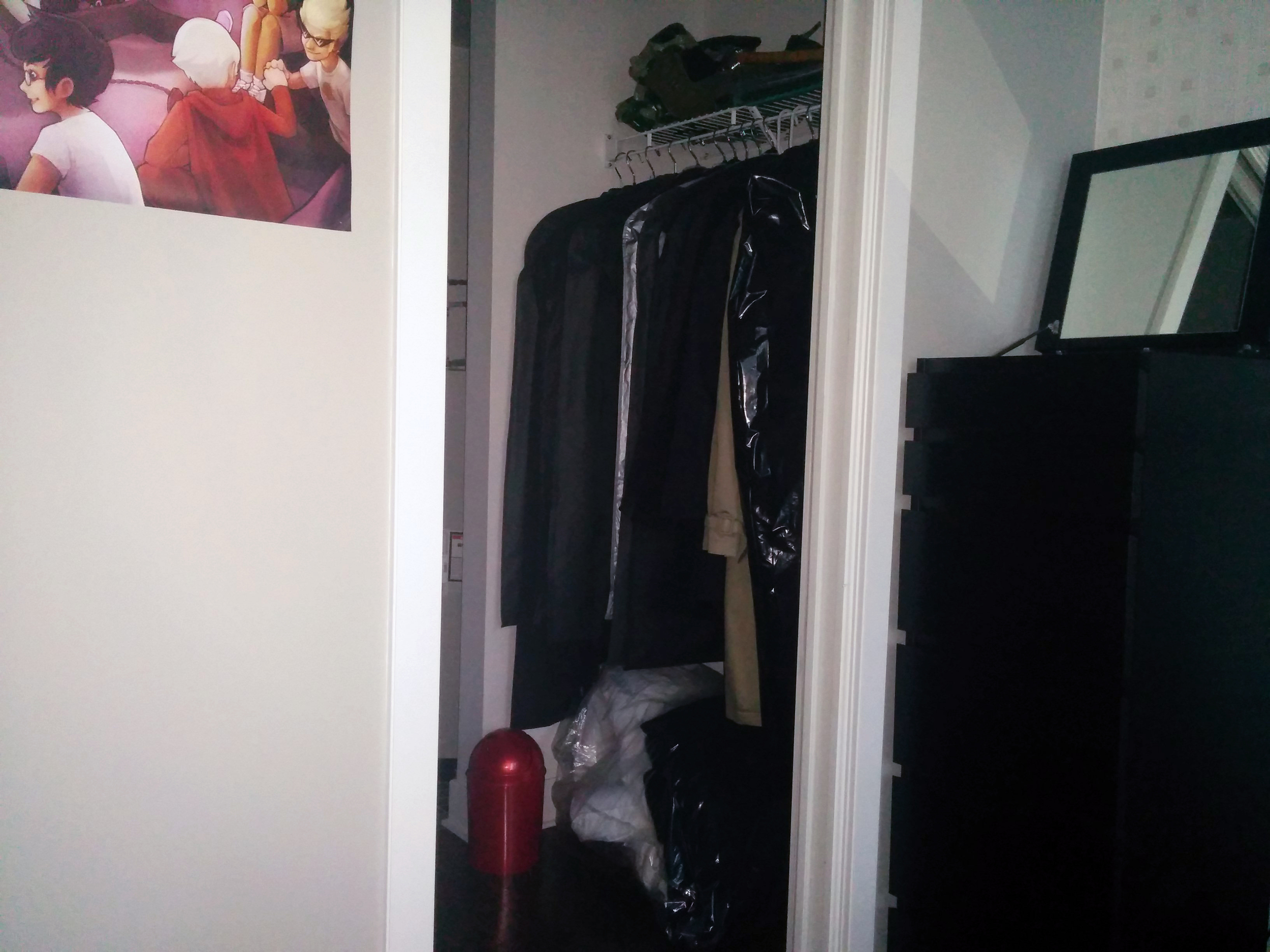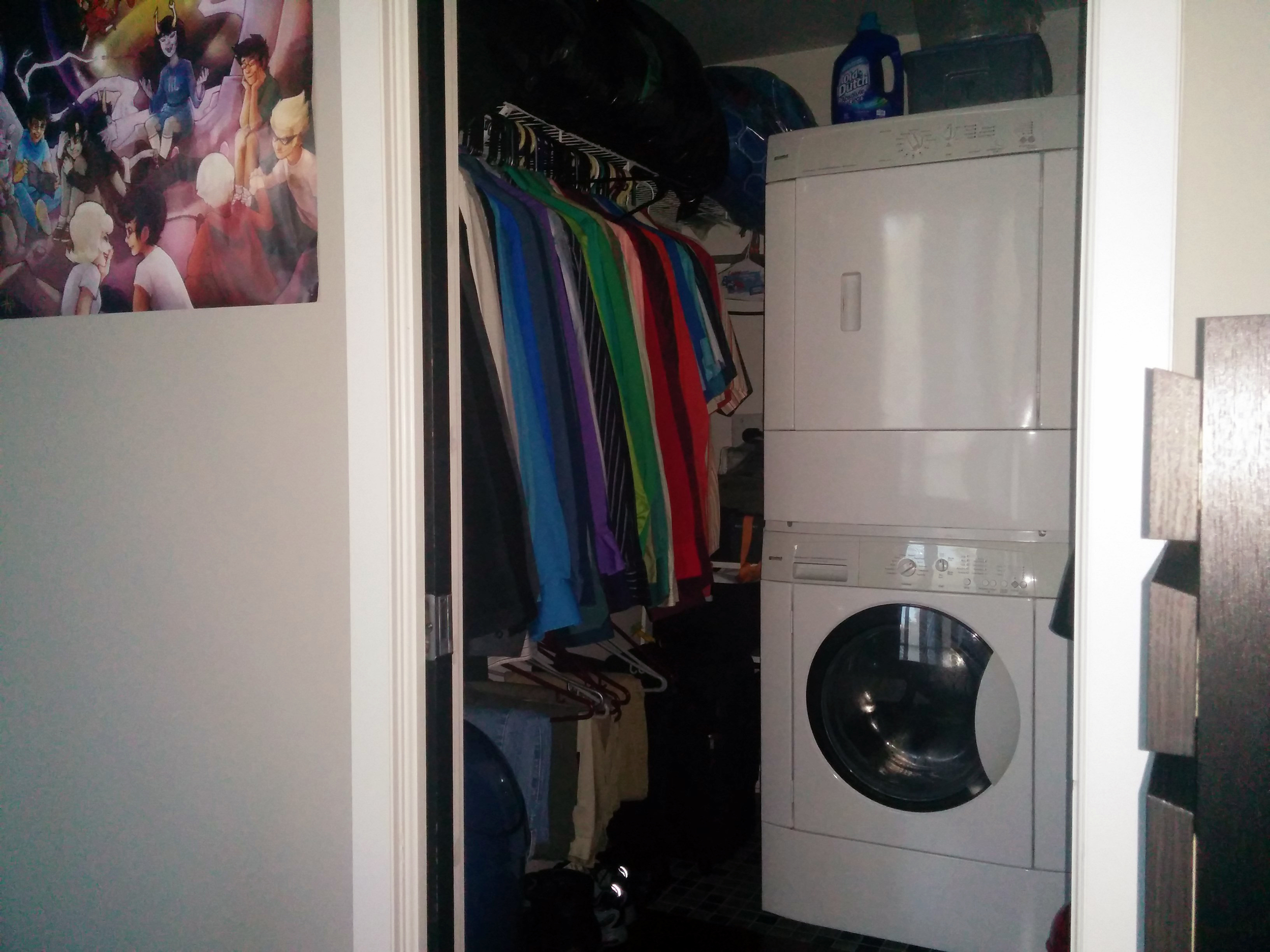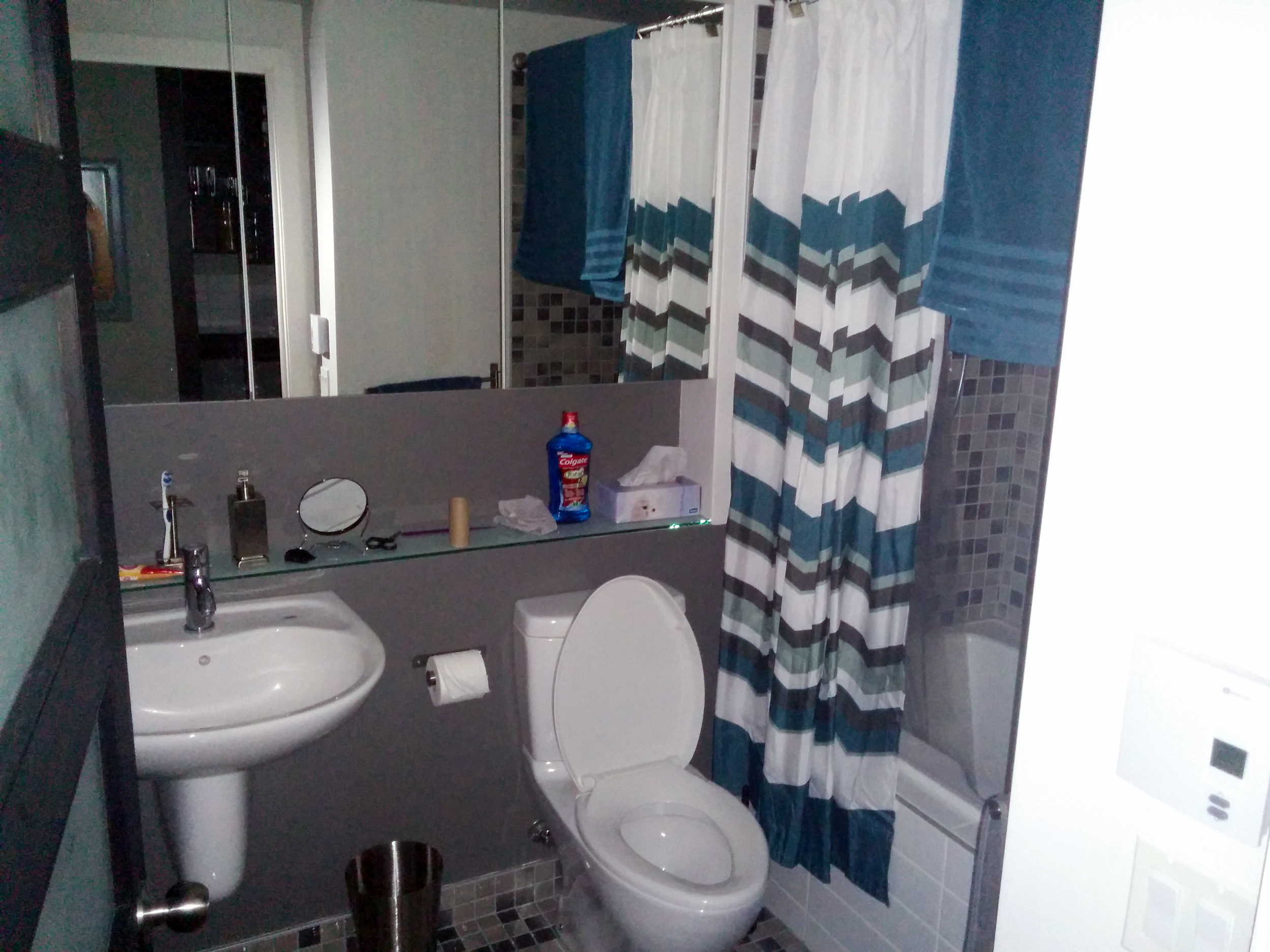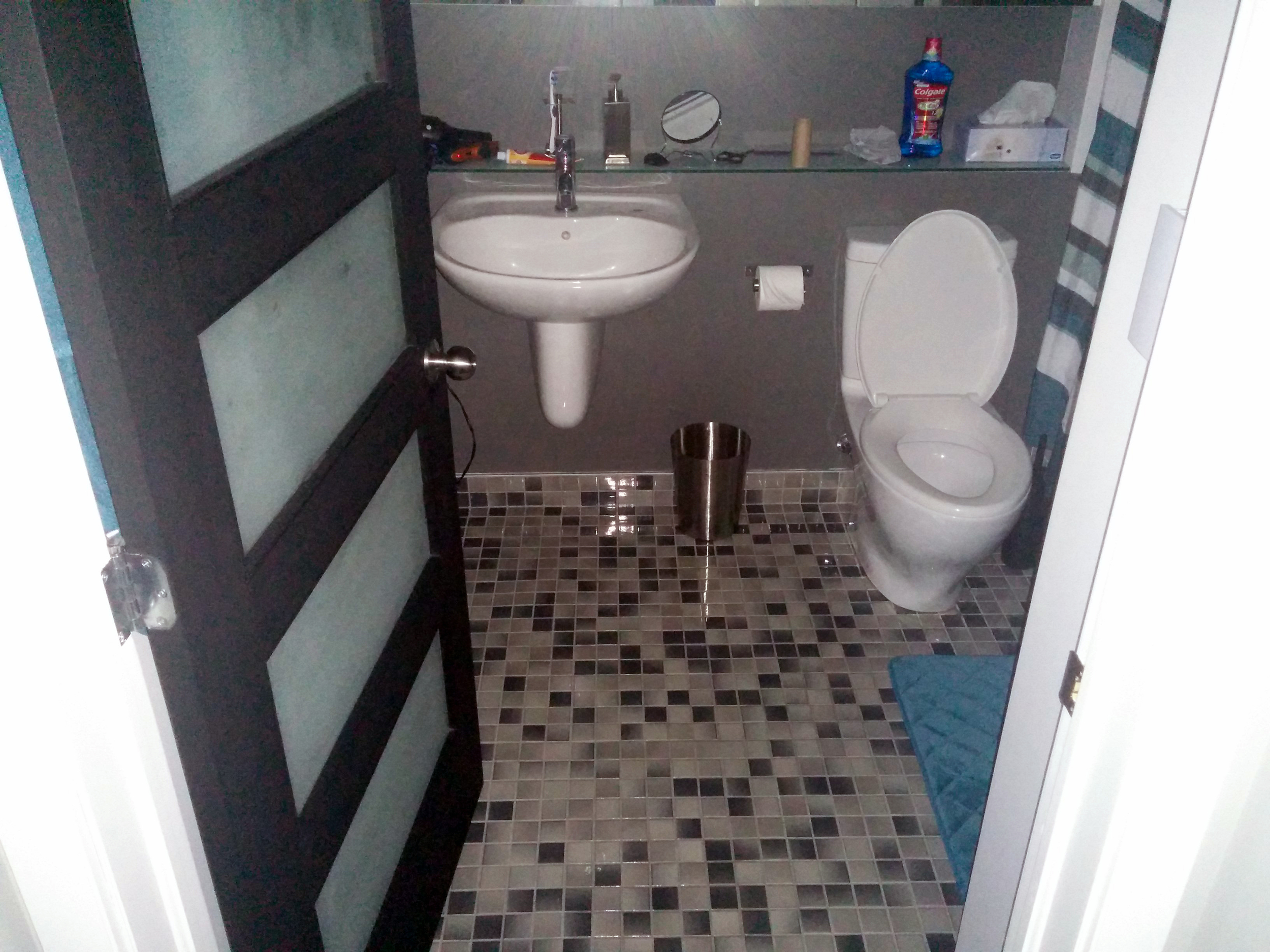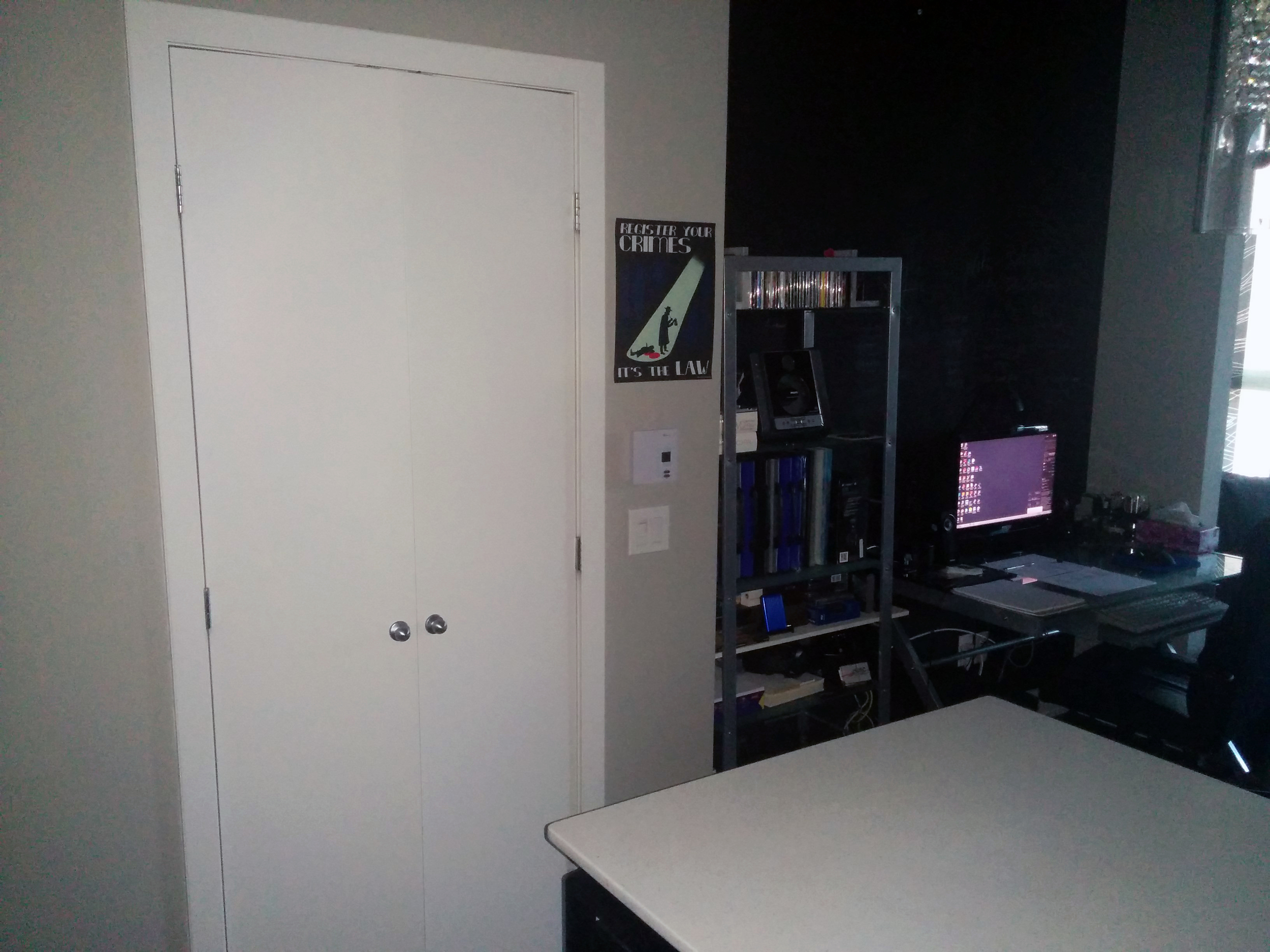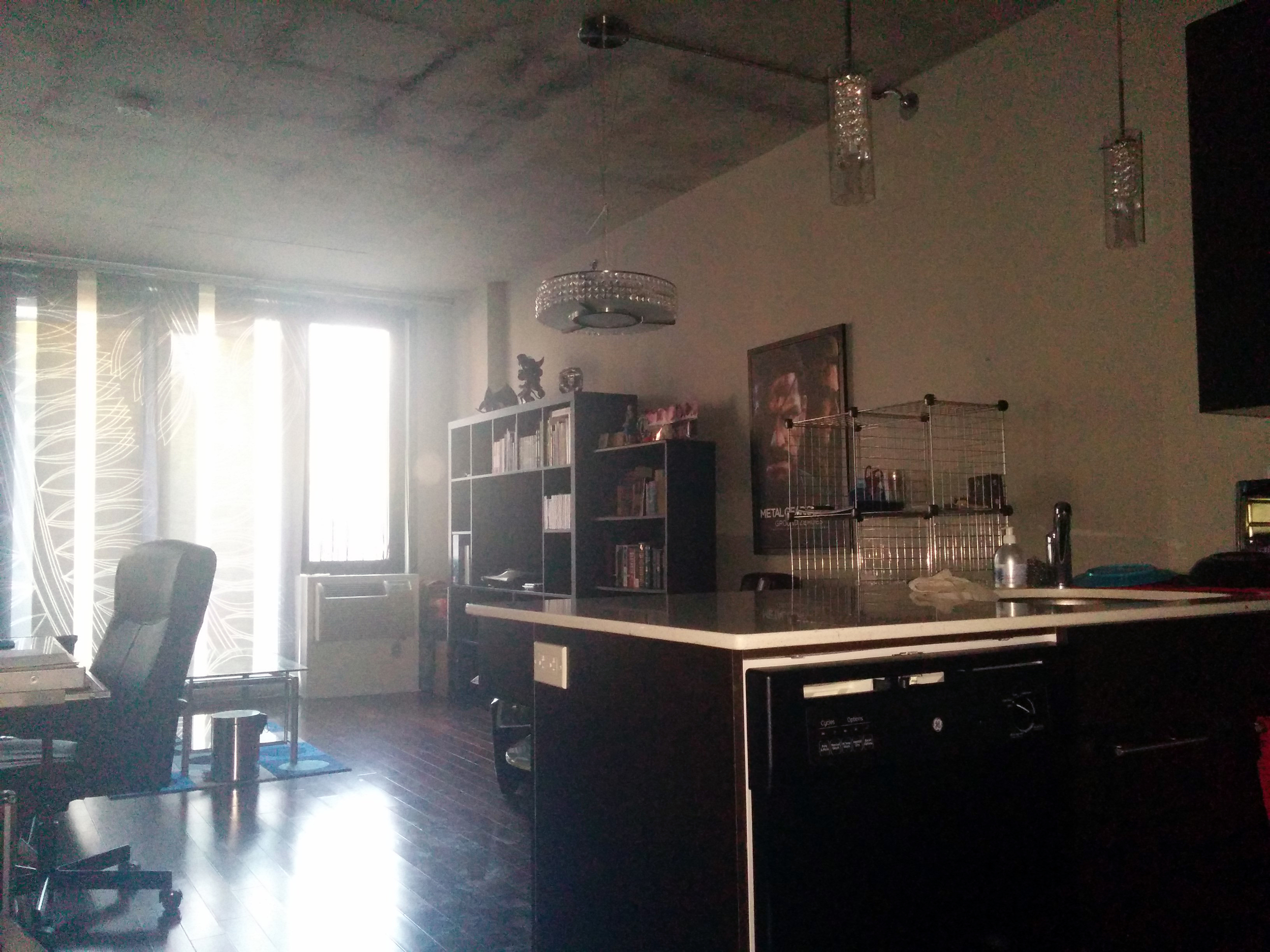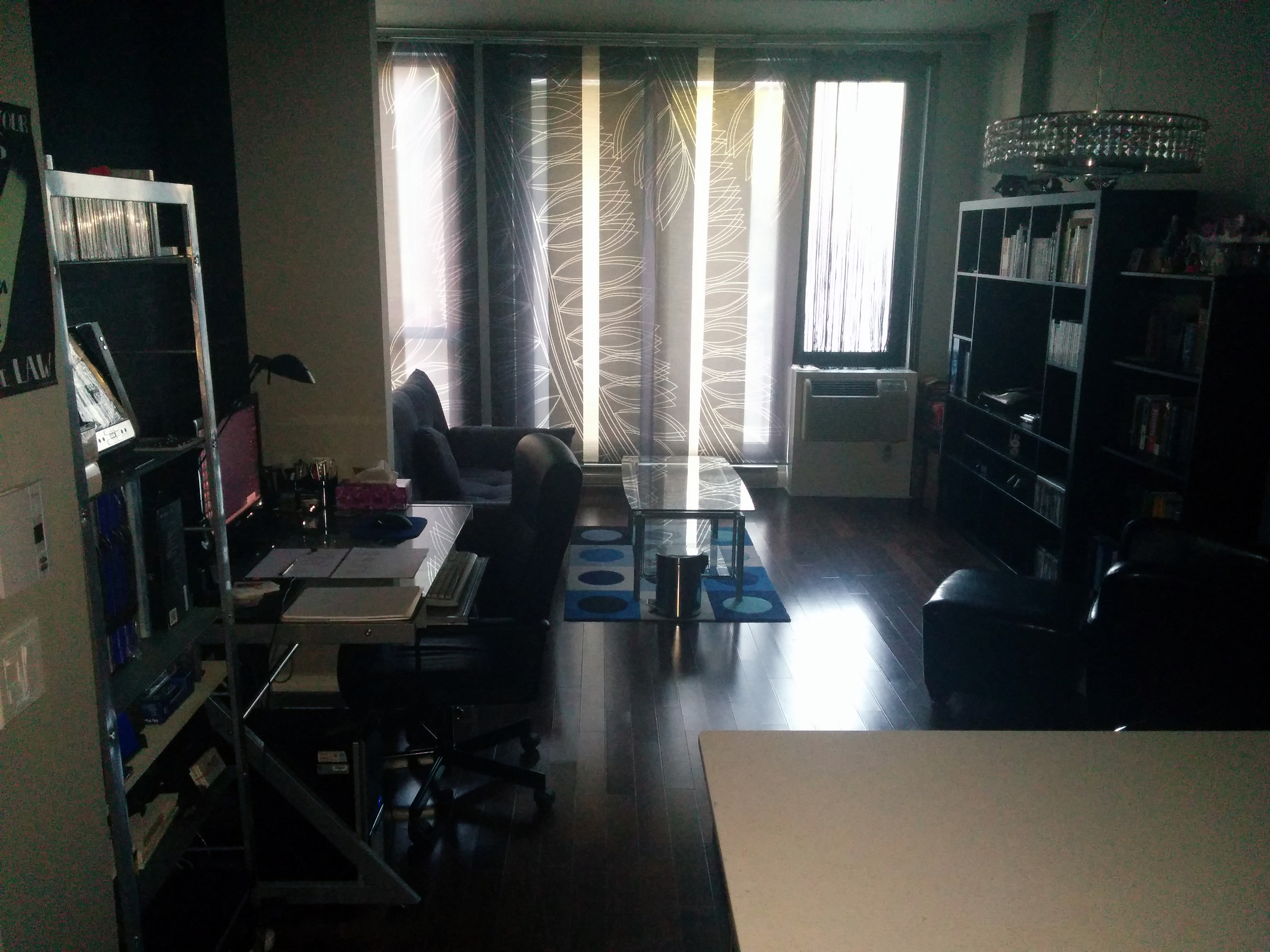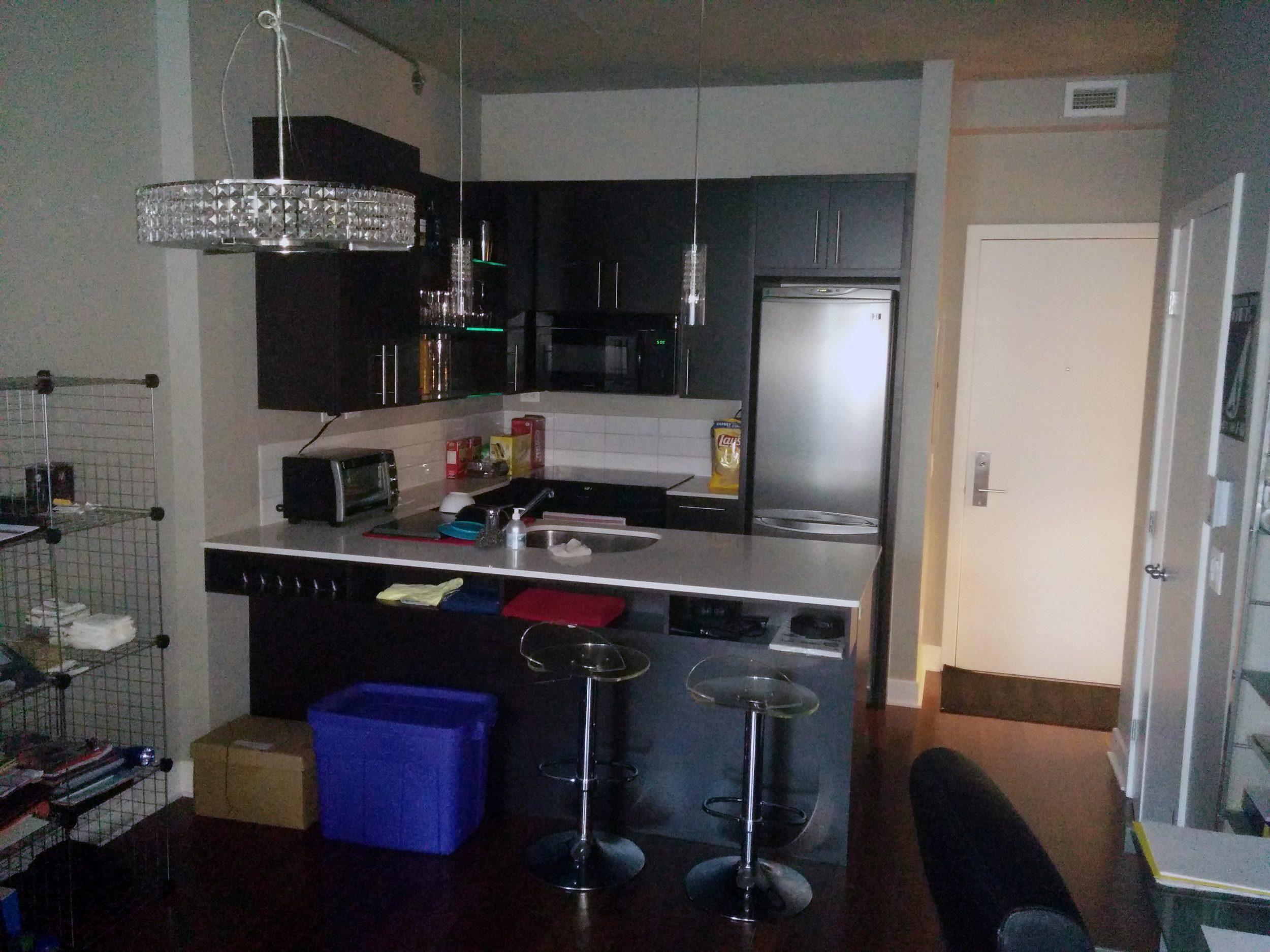Since I was in high school, I've always been told it's important to be able to answer the questions "what are your strengths and weaknesses" during an interview. While that certainly is true, I'd go one step further and say that it is always worthwhile to know where your abilities lie and don't lie, as well as those of your team. To paraphrase Sun Tzu. knowing yourself is one half of the key to victory, and it's the one that's easiest to do on your own.
I like to think I know myself pretty well, and considering this is the one place dedicated to me speaking about myself, it seems natural to talk about my strengths and weaknesses as a designer (and in general). If anyone reading is a potential employer, then this is a chance to save you the trouble of asking these questions. Now then, without further ado:
Strengths
Organisation
This is perhaps the one that is the most commonly known about me. I am an extremely organised individual, or at least I aspire to be. Sorting things into systems and structures comes naturally to me. I like to build things up in an orderly manner. Schedules and documentation are things that I actually enjoy doing (ask anyone that knows me about my reputation with documentation), because they give me consistent systems to work within. One of my favourite pastimes is finding ways to make systems more efficient, and information more accessible.
This does have an influence on my design preferences as well. I tend towards clean ordered systems, more akin to sleek science fiction rather than grunge and the like. Cleanliness and precision definitely do more for me than chaos or the grotesque. That's not to say I'm incapable of dealing with disorder, but in my mind even the most chaotic thing has an underlying structure to it, even if it isn't readily apparent. I hold this view because of my next strength...
Perspective
I spend a lot of time observing. Not just in the literal looking at things definition, but in the sense of considering a subject and its various connections. I had a great deal of alone time during my younger years, and I spent a lot of it thinking about something, then trying to figure out the underlying components of that thing. Physics is my favourite science simply because it involves the most fundamental building blocks of the universe, ergo it is the base upon which all connections are built. Mechanics are incredibly cool to me because it gives us a glimpse at how a set of parts can create something greater than its sum through their interactions.
As a designer, seeing how art, code, and interaction can come together into a fully crafted experience is something I really like to contemplate. It's a large part of why design appealed so much to me in the first place. It's also part of why I find code quite easy to read, as it is simply a network of cause and effect systems. It particularly helps when it's well structured and transparent code for that matter, because then my organisation skills can further supplement that ability.
More recently, I've taken a particular liking in applying my perspective to social spheres of inquiry. Why do people behave a certain way in certain contexts? Why do social structures form so consistently across history and geography? What are the cause and effect mechanisms that drive society? Contrary to what a lot of people say, I like to think that society has a lot of inherent order within it, through its most fundamental building blocks. Figuring out the nature of those building blocks is something I actively pursue.
As should be evident by now, the implications of how things are interconnected is something I love pondering about. Those ideas are something I would like to play around with more in my games. As a designer, I really want to place people in situations that force them to reevaluate their assumptions of a game and/or make them consider the underlying structures that form the world. If I can get just one person to think about the inter-connectivity of the universe as I have, I will have achieved my dream.
Working Within Boundaries
Part of that inter-connectivity I just mentioned is understanding limitations, and how despite the presence of a boundary, there are immense possibilities for creativity within it. I actually quite like working within boundaries. Perhaps that's my orderly nature speaking, but they strike me as an excellent way to push towards getting the most out of what you have. Depth will always trump breadth in my opinion when it comes to the subject of making something good. I'll almost always choose quality over quantity.
Something that may have become apparent through my artwork is that I do a lot of crossovers. In fact, I adore taking things from one context, and finding ways to adapt it to another. Figuring out what "X subject would look like in Y context" is something I do for fun. So when I'm tasked with adapting something to fit new different boundaries, I can honestly say that I consider it an enjoyable challenge.
Likewise, this strength applies to most real world work contexts. After all, in an industry like games, even the highest ranking designer has limits being imposed on their vision, be it from above or below. Fortunately, that's something I'm prepared to deal with. I've proven in the past that if I'm given a task but with some limits imposed, such as figuring out how to make a game while keeping to a subject or buzz word (game jams being a perfect example), I have very little trouble coming up with ideas. In fact, the more restricted I am, the better I am at fleshing something out of it (the flip side of this will come up again in the weaknesses section). Part of my ability to work through limits comes from this next strength...
Versatility
Though I specialise in video game design (namely character and system/mechanics design), I was trained as a generalist, and I consider myself competent enough to do well in art (concept, graphics, sound effects, 3D modelling, animation), programming, testing, and just about every other task involved in a game. Heck, I can even do some half decent voice acting if I really try. I do have all the skills to make an entire game on my own.
I know the tendency of a lot of large companies is to shun generalists, and to a degree that does make sense to me. After all in a big company, people aren't jumping between different positions. Better to have someone in a dedicated position that focuses specifically on the tasks they will actually be performing. But when it comes to designers my logic is this: a designer, by virtue of their position as the one that must bring together all the individual elements of a game into a holistic experience, should have a good understanding of every aspect involved in making a game. They may not be as deeply entrenched in these other tasks, but I think it's important that they be able to understand them well enough to know the technical boundaries they can push towards through their design. Otherwise you end up pissing people off by building unrealistic designs (and trust me, I know a thing or two about non-technical individuals attempting to drive design).
Though I may not excel at many of these secondary tasks, I'm not a slouch either. Part of why I did so well in my program is that I was fairly quick to adapt to wildly different contexts. With a couple exceptions, my grades were almost universally in the 80%+ range, and that's across wildly different subjects (and even if you don't believe in grades, it's hard to argue that someone who gets such results on a consistent basis isn't doing something right). What's more, I'm perfectly comfortable making those jumps. In my senior project, I would switch hats multiple times everyday without blinking. I had to, and thankfully I was good at it, or we never would have gotten as far as we did (I'm speaking with complete humility here).
Communication
Speaking of speaking, communication is another thing I consider myself to be particularly good at. Part of wearing many different hats is that it forces you to see things from different perspectives (I guess the hats all have goggles? Steampunk hats, perhaps?). During different times, I've had to communicate to teammates, friends, enemies, professionals, laymen, developers, artists, testers, clients... You name it.
One of my first jobs was with QNX as a technical writer for the Blackberry 10 Native SDK. Something I learned quickly about technical writing is that you need to be able to simultaneously understand complex technical material and developer jargon as well as simplify it so that complete laymen could understand what you're talking about. This leads to two things: one is that technical writers are easily the best at working with the tools they write about (even better than the developers that write them, since they only have to understand the intricacies of their specific elements, without understanding how they relate to everything else; take that specialists), and two is that they will spend most of their day going back and forth between techno-babble and simple explanations (and the rest of the time digging into code documentation that hasn't actually been written, because they're the ones that have to write it). It's an extreme exercise in communication skills.
Thinking back on it, I'm very thankful to have had that job, because it taught me a lot about how different groups of people communicate. I remember one instance where a developer would never answer more than one question at a time, and would only ever answer in "yes" or "no". Generally speaking, I found that programmers are a lot more linear and direct in their communication. Contrast that with the subjective analysis artists require, the filtered diplomatically-minded talk of marketers, and the unabashed emotive speech of many gamers. Designers have to interact with pretty much all of them at one point or another. I like to think I'm pretty good at doing so, mostly because I can understand each of these groups, and see where they're coming from. After all, not only do I have my skills in perspective, but I've been right there with them in the past.
One last thing about my skills in communication that I think is worth noting is my patience. I consider myself an extremely patient person, and most people I know agree with me. I've also developed a reputation for being fairly easy to get along with (if nothing else, I don't make many enemies), as well as for being quite trustworthy. It's a set of personality traits I've often used to help others through tough times, but it's also helped me greatly when it comes to this last strength...
Stress
I work well under stress. In fact, I tend to excel while under stress. I like to joke that I'm always busy, but the truth is, I am because I set myself up to be. I'm at my best when I have a lot to do, because the rush of accomplishment I get from doing it fuels me ever further. I even set up my recreational activities as tasks, because it pushes me to relax more effectively (I realise that probably doesn't make sense to some people, but I challenge you to find anyone who doesn't feel more satisfied than they would normally be when they have a tangible checkbox they can cross at the end of a task, even if that task is just "watch a movie").
While I can't always sustain it indefinitely (especially if say, an unexpected event puts me well behind schedule), I can handle very heavy workloads without too much trouble and am able to sustain long hours for extended periods of time. I know my own stress limits very well, and I've organised my life in a way to be able to handle unforeseen circumstances without too much trouble. No matter how hectic my life gets, I'm usually able to make time for new things and still find ways to balance it out. Snapping under pressure isn't something I do. And given the field I'm going into, I think that alone is an extremely valuable asset.
Weaknesses
Stagnation
And now I show the other side of the stress coin. While I do work well under stress, when the opposite is true, I tend to wilt. I energise myself through deadlines and clear tasks to accomplish, so a lack of those things is as detrimental to me as an engine without fuel.
I call myself a "creature of momentum". So long as I'm going, it's very hard to stop me. However, when I am forced to stop (or never started in the first place), it can be hard to get me going. I can genuinely say that I'm at my worst when I have nothing to do. Without a clear task to motivate me, my energy levels decrease rapidly. I'm the kind of person that has no trouble getting up really early in the morning when there's a good reason to do so, but without one I'm just as likely to wake up in the mid-afternoon.
My solution for this over the years has been fairly simple: always keep busy. Even when I don't have a job and I've taken care of my chores, I keep a large list of things on my to-do list. My watch lists are huge, as are my reading, writing, drawing, and other lists. So long as I keep myself preoccupied in a way that seems meaningful, I can sustain my energy levels.
However, there are times when this isn't enough. If, say, I've been forced to do a task I see as completely useless (like say something that involves sitting around doing nothing for long periods of time) without having the means to do something in the meantime, I'll have a hard time motivating myself. Repetitive menial tasks can suffice, but not if they involve a lot of waiting (for example 3D modelling is fine, but rendering will get me restless if I don't have a book or something to do while I wait). Another great example is when I'm stuck waiting on someone else to deliver. I'll touch on this later, but few things annoy me as much as being completely gated by someone else and having nothing else to do.
Blank Slates
As I mentioned my strength when working within boundaries and building from existing premises, the reverse is also true to some degree. I am admittedly someone who doesn't like working from a completely blank slate. If you were to ask me to come up with something while providing no restrictions, I might have trouble dealing with overchoice. I'll usually come up with something eventually, but it will take me longer than it might for someone else. It will certainly take me much longer than if I were given a restriction at the beginning of the exercise.
I attribute this weakness mainly as a by-product of my perspective. In my mind, nothing stands completely independently; it's always connected to something. That, accompanied with my tendency towards order, predispose me against spontaneity or true randomness.
I have a few ways that I work around this particular weakness. The first is to use my view of connections to my advantage by creating simulated randomness. Thanks to that strength, I'm able to leap from one connection to the next fairly fast. It's almost like doing a Wikipedia run from one entry to a seemingly completely unrelated entry simply by clinking the links within the articles. I usually use this in conjunction with the context I'm working in to set up the restrictions from which I can build. For example, if I'm playing a game like Quiplash (where you are asked questions and prompted to give answers that other players will vote on), the first thing I will do is try to read the room: what sort of sense of humour would these people have, and what pop culture references are they likely to be familiar with? From the basic premise of these questions, I can filter my thoughts sufficiently to come up with an answer.
My other primary way of dealing with this weakness is to come up with answers ahead of time. Some questions come up often enough that I have default selections. That's not unusual. But in the cases of things that are more nebulous, what I do is keep track of a list of potential items, from which I filter. A good example of this is how I coordinate with my friends on the ever-challenging "what do you want to do" question. I have a list of video games, a list of collaborative writing projects, and a list of other activities. All of them I've mentally tagged with factors which might make them more appealing or less appealing depending on the circumstances. The person is inclined to write something and I'm not feeling too energetic? I'll check through my list and find a possible subject that requires minimal concentration (usually this is associated with the characters involved, which makes it easy for me to filter them). I have lists for basically everything, so it's not hard for me to come up with answers to many questions that would otherwise require random responses. I've done what I can to plan for as many contingencies as possible.
I will say though that this weakness does manifest in another way that is a little harder to avoid. When it comes to development, I have a notable dislike of setting up a new project. This is partially an issue of momentum and my general dislike of the somewhat esoteric project setup requirements in a lot of development software (Visual Studio comes to mind). Fortunately, this isn't something that comes up too often for me as a designer (it only really applies for programming tasks), but it is still an annoyance. My usual solution for that is generally to just take an already set-up project, adapt it for my needs, and build off that.
Trust/Reliance
This is perhaps my biggest weakness, since it's the one that is most likely to actually come into play in actual work situations, and it's one of the ones that is a lot harder for me to find simple workarounds for. That is why I've left it at the end. That weakness? I have a hard time relying on others.
I consider myself to be extremely independent. It's a value I put a lot of emphasis on and it's something of a defining characteristic for me. I expect independence and high levels of competence from myself, and I wish to see it from the people I work with (and people in general). Seeing sloppy or ineffective work bothers me, especially if I am in a position to do it better. More often than not, if I'm not convinced the person working on the task can do a better job of it than me, I'll have a strong urge to correct it myself (I'd be lying if I said there weren't any projects on this site I want to go back and correct).
Now, in an ideal world this wouldn't be a problem, because everyone I would be working with would be competent. I would never receive a model with misaligned vertices, or files that were incorrectly formatted, or text that wasn't run through a spellcheck. In school this can be unavoidable: sometimes you're just stuck with the group you have. In a work environment, consistent incompetence will usually get you fired (unless you're in the public sector, zing! I kid... Mostly), but it's not something that can be banked on. In reality, there will always be situations like this.
As might be apparent, I've been burned several times in the past. I've often ended up in group projects with people who don't or cannot pull their weight. I definitely have a few horror stories. The worst situations are ones where the lead programmer would misreport (or not report at all) their progress and leave us without a working prototype by our presentation deadline. More often than not, I've found myself taking leadership and editorial roles for this reason. The moment it becomes clear that someone cannot deliver, I'll usually take it upon myself to redistribute tasks to other more reliable team members or sometimes to myself. I've made it a habit of requesting submissions well before the due date so that I can curb these situations.
Then again, they do still show up. Sometimes, despite all my requests for communication, I don't get a response. It's something that can genuinely frustrate me, and it can permanently sour my perception of someone's competence. In fact, I would go so far as to say that seriously gating me on a task without keeping me informed on the matter is one of the easiest ways to get on my bad side, because not only does it slow the project, it personally wastes my time (at least if I was given a forewarning I can find a way to solve or work around the delay). I do have a lot of patience, but this will drain it rapidly. This issue isn't exclusive to a few bad apples either. It's happened with people I previously considered to have excellent credentials.
As a result of these situations, it's become very difficult for me to simply entrust someone with an important task, especially if it is a key component of the work. Furthermore in some cases where I take the initiative to do the work myself, I have upset others. This is especially true if pride or "doing things by the book" are involved; these aren't usually things I prioritise over the bottom line. That said, I have gotten better at dealing with such sensitivities over time.
Fortunately, my trust hasn't completely eroded; I can still view people as innocent until proven guilty (or competent until proven otherwise, as it were). If someone has proven themselves to be dependable and consistently capable, I'll have little problem leaving it to them. Additionally, with time I have gotten better at dealing with many of the other scenarios I mentioned, particularly ones where the problem lies not in outright incompetence, but in a misalignment of skills.
One such example was in a fairly recent project: one team member who had previously been very reliable suddenly encountered a great deal of trouble with certain tasks. As it turns out, while he was a very fast worker when it came to simple executions, he was much more prone to giving up when he encountered technical challenges. My initial solution was to teach him to perform basic troubleshooting, but the problem persisted. Fortunately there was a large number of simple but tedious tasks that needed to be done, and he completed them in a much shorter time frame as a result of his talents.
In cases like that, where I might previously have simply left that team member to complete the initially assigned task and overwritten his work later, I've learned to become better at identifying alternate ways of optimising the project workflow. As I've learned to notice people's individual strengths and weaknesses, I have become more at ease with trusting people with tasks I've found them to be well suited to. It's a skill I fully intend to develop further, so that the frustrations I've encountered in the past won't come back to irk me. I'm not all the way there yet admittedly, but steady as she goes.
Conclusion
And so, there are my primary strengths and weaknesses, at least as I see them. With time they might change, but to tell the truth, I think they are in large part born of my core personality traits. I'd like to think that it's a good distribution, and it allows me to work well in my selected field. I've gotten myself this far, and I know that I've improved in many ways over time. Hopefully, with the right experience, that trend will continue.
To anyone who read this, I hope you found it interesting, and that it helps you understand me just a little bit better. Rest assured I'll be writing quite a bit more about myself here soon enough.






























